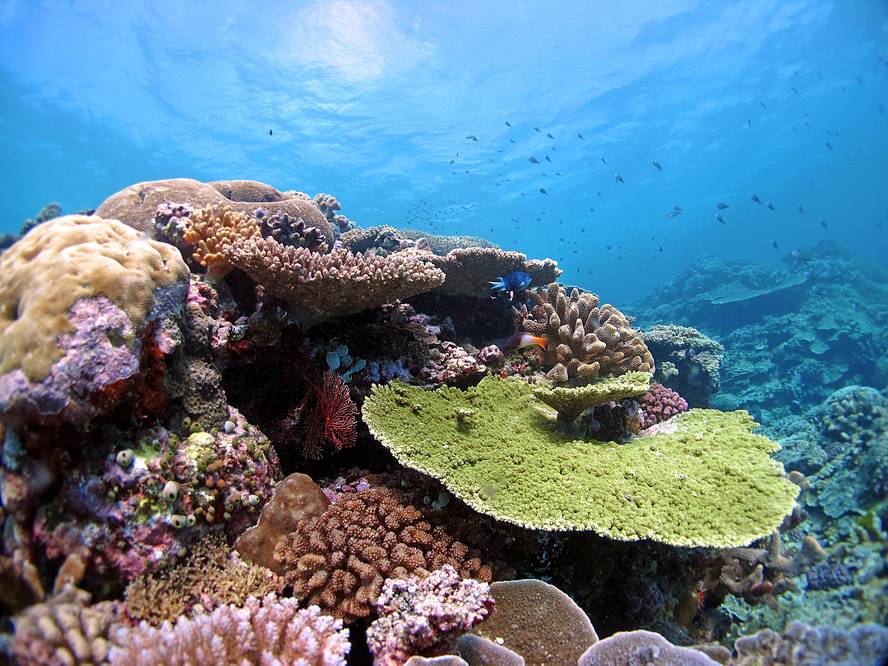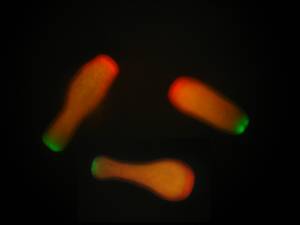Heat tolerance, heritable in corals

A study in Australia has shown that the heat tolerance of a particular species of coral is genetically hereditary. Thanks to this, scientists can have a tool to address the serious threat of global warming, since “existing genetic varieties, by themselves, or with the help of man, spread across the oceans, can prevent the disappearance of coral reefs,” said one of the authors of the study, Mikhail Matz, of the University of Texas.
They have worked together with the Australian Institute of Marine Sciences and concluded, according to their authors, that the ability to adapt to warmer water is not a mere response to heat stress, but a genetic characteristic that is transmitted from one generation to another.
The research work consisted of the use of samples of the Acropora milacra coral species of the Great Barrier of Australia. The specimens of a cooler area have been crossed with those who inhabit a more temperate zone, located about 450 kilometers away and about 5 ° latitude, to later analyze the behavior of their larvae in front of the heat, heating the water to 35.5 ° C. On the one hand, they compare larval survival rates: The offspring of the fathers of warmer waters were of origin 10 times greater. On the other hand, researchers have found that mixed parent larvae also received the ability to resist heat and have identified in their genomes some regions associated with this ability. The results have been published in the journal Science.






